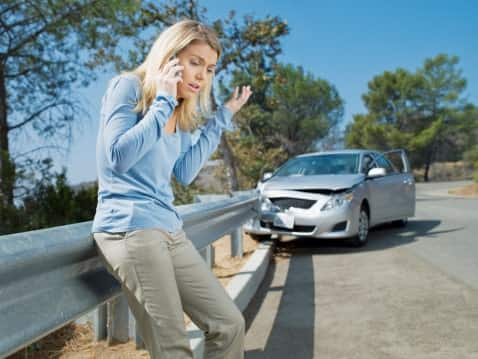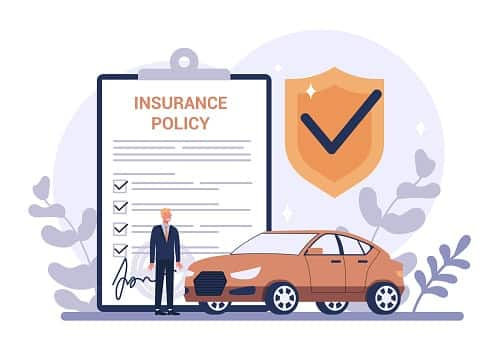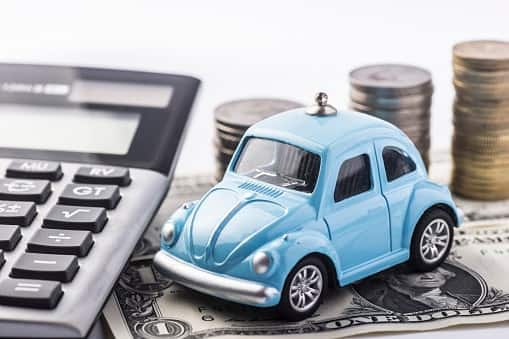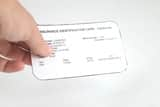How much is gap insurance in Hawaii?
The average gap insurance rate in Hawaii is $1,309 per year, according to a rate analysis by Insurance.com.
The cost of gap insurance depends on factors like the value of your car, the car insurance company you choose, your location, and your age. Hence, it is a good idea to compare quotes from at least three insurance providers before making the final decision.
Cheapest gap insurance companies in Hawaii
Geico tops the list of the cheapest car insurance companies that provide gap insurance in Hawaii, at about $962 per year, on average. USAA is second on the list followed by State Farm.
Below is the list of the car insurance companies offering cheap gap insurance in Hawaii, along with their average annual rates.
| Company | Average insurance rates |
|---|---|
| Geico | $962 |
| USAA | $1,107 |
| State Farm | $1,116 |
| Progressive | $1,389 |
| Farmers | $1,436 |
| Allstate | $1,606 |
| Island | $1,713 |
Average gap insurance cost in Hawaii by city
In Hawaii, gap insurance rates differ from one city to another, as insurers consider different factors such as an area's frequency of theft, collisions, and vandalism, while calculating the rates. These factors can help insurers accurately predict the potential for claims.
Gap insurance costs are the cheapest in Omao, Hawaii, at $1,111 per year, or $93 per month. On the other hand, Mountain View has the most expensive gap insurance rates at $1,365 per year, or $114 per month. The table below lists the gap insurance costs for some cities in Hawaii:
| City | Average annual rates |
|---|---|
| Omao | $1,111 |
| Kaanapali | $1,227 |
| Waikapu | $1,227 |
| Halawa | $1,262 |
| Haleiwa | $1,262 |
| Kailua | $1,262 |
| Schofield Barracks | $1,262 |
| Honolulu | $1,332 |
| Captain Cook | $1,365 |
| Hakalau | $1,365 |
| Mountain View | $1,365 |
Learn more: Can you get a gap insurance refund?
How much does gap insurance cost by age in Hawaii?
The cost of gap insurance varies by age. For example, in Hawaii, a 20-year-old driver can expect to pay about $1,327 per year for gap insurance, while a 30-year-old driver would pay closer to $1,309 per year for the same coverage.
Young drivers are considered riskier as they lack driving experience on the road. Their chances of getting into an accident are four times higher than that of more mature drivers. Therefore, their rates are higher to begin with. So, if you're a young driver in Hawaii, you'll probably pay more for gap insurance than an older driver.
The table below lists gap insurance costs based on age in Hawaii:
| Age | Average annual rates |
|---|---|
| 20 | $1,327 |
| 30 | $1,309 |
| 40 | $1,309 |
| 70 | $1,309 |
How does gap insurance work in Hawaii?
Gap insurance pays the difference between what your car is worth and what you owe on your car loan if your vehicle is stolen or totaled. It doesn't pay to get a new or replacement vehicle. Instead, it ensures that you don't have to continue payments on a car that is a total loss.
To better understand how gap insurance works, let's look at an example.
Assume you bought a car worth $25,000. You get into an accident and your vehicle is totaled. But you still owe $20,000 to your lender. When you file a claim, your insurer will pay the actual cash value of your car, which is, say, $19,000. Even after the insurer pays for the actual cash value of your car, there remains an outstanding loan amount of $1,000.
Now, if you do not have gap insurance coverage, you will be required to pay the remaining $1,000 of the loan. On the other hand, gap insurance will pay for any remaining loan balance.
The table below spells this out in detail:
| Worth of the car | $25,000 |
| Loan amount left to be paid | $20,000 |
| The amount the insurer pays your lender (actual cash value of your car) | $19,000 |
| Amount still due on the loan, after insurance claim payout | $1,000 |
| With gap coverage | The driver will pay off the loan without any money out of pocket. |
| Without gap coverage | The driver will have $1,000 out of pocket to pay off the loan. |
Learn more: Can I cancel gap insurance coverage?
Sources:
- What is gap insurance? - Insurance Information Institute
- Higher insurance rates for young drivers - IIHS
Methodology
Insurance.com gathered data with the help of Quadrant Information Services from major insurance companies across Hawaii that offer gap insurance. We included rates for drivers aged 20, 30, 40, and 70. All rates are based on the profile of a driver with a clean record and full coverage policy.
The coverage limit for a full coverage policy is 100/300/100 liability with a $500 comprehensive and collision deductible. The numbers 100/300/100 represent:
- $100,000 coverage for bodily injury per person
- $300,000 in bodily injury per accident
- $100,000 for property damage
Auto insurance FAQs
Is gap insurance required in Hawaii?
Gap insurance is optional coverage in Hawaii. But if you have a lease or loan agreement your lender will most likely require you to purchase gap insurance. But you can drop the coverage as soon as your car loan becomes lower than the value of your car.
Who should buy gap insurance in Hawaii?
Those who have their car on lease or loan should consider purchasing gap insurance in Hawaii to financially protect themselves.
Apart from that, it is considered a good idea to purchase gap insurance in Hawaii if:
- You have paid only 20% of your auto loan
- You have financed a car for more than 60 months (five years)
- You lease your vehicle
Also keep in mind depreciation. A new car drops in value about 20% in the first year of ownership and loses more than 10% of its value each year over the next four years, according to information on car-history site Carfax.com. This means that the payout you would get for the value of the car is likely to be much less than what you owe for at least the first several years.
Where to buy gap insurance in Hawaii?
Here is where you can purchase gap insurance in Hawaii:
- From your car insurance company
- From a company offering stand-alone gap insurance policies
- From your car dealer
- From the bank/financial institution which offered you a loan for purchasing your car
As the rates vary from one insurance provider to another, it is advised to compare quotes from multiple sources before making the purchase.
 You might also be interested in
You might also be interested in




